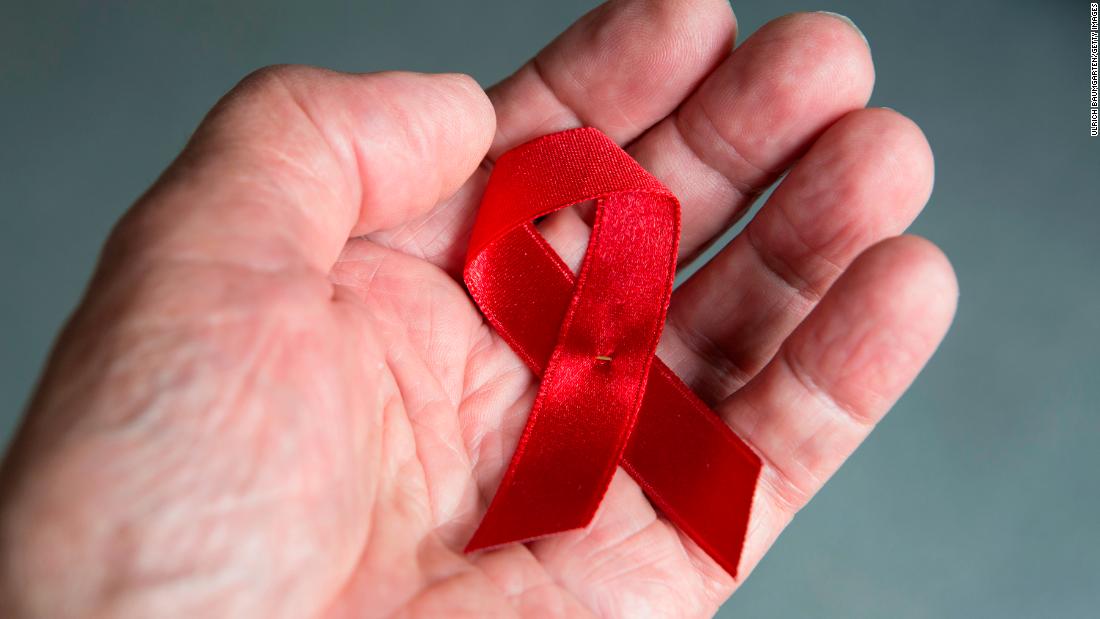
(CNN)As we mark World AIDS Day today, a wave of HIV cases makes it more important than ever to protect yourself from contracting the virus.
The human immunodeficiency virus, or HIV, attacks the body's immune system, according to the US Centers for Disease Control and Prevention. If left untreated, it can lead to AIDS, acquired immunodeficiency syndrome.
In the last decade, the number of people living with HIV around the world increased from 30.7 million in 2010 to 38 million in 2019, according to the Kaiser Family Foundation.
In the United States, the number of people living with HIV is expected to rise after a period of decreased testing and treatment during the pandemic.
There were nearly 670,000 fewer HIV screening tests performed between March 13, 2020 and September 30, 2020, compared to the same period in 2019, according to data from the National Syndromic Surveillance Program.
How can people protect themselves?
The virus is spread through multiple avenues including penetrative sex, needle-sharing and blood transfusions, according to the Joint United Nations Programme on HIV/AIDS (UNAIDS), which noted that it can also be spread from mother to child during pregnancy and breastfeeding.
The best way to prevent the transmission of HIV is to practice safer sex, according to UNAIDS. This includes wearing protection like condoms and regularly testing for an infection.
It's good to know if you are infected because you can take the necessary precautions to prevent spreading it to others, said Charlotte Sector, spokesperson for UNAIDS.
What should someone do if they have HIV?
People who are diagnosed with HIV should begin treatment as soon as possible, Sector said.
One of the most common treatments is anti-retroviral therapy, which lowers the viral load to an undetectable amount, making it so someone cannot transmit the virus, she said.
"For example, a woman living with HIV who takes her treatment daily can have a baby that is born without HIV," Sector said.
Without treatment, you are more likely to get sick, even from common germs, said Bijan Farnoudi, director of communications and public affairs at the International AIDS Society.
When you do get ill, your symptoms last longer and you may not get healthy as quickly, Farnoudi added.
Without treatment, HIV can be fatal, he said.
What will be the effect of the steep drop in testing during the pandemic?
The only way to find out if you have HIV is through testing, so decreased testing numbers could mean more people are unknowingly transmitting the virus, said Deborah Gold, chief executive of National AIDS Trust in the UK.
The earlier you find out if you have the virus, the better, Gold added.
Get CNN Health's weekly newsletter
Sign up here to get The Results Are In with Dr. Sanjay Gupta every Tuesday from the CNN Health team.
"People diagnosed late have a ten-fold increased risk of death within 1 year of HIV diagnosis compared to those diagnosed promptly," Gold said via email.
If you have a higher risk of contracting the virus, Farnoudi recommended you get tested at least once a year, even if you are in a committed relationship. The CDC advised people ages 13 to 64 get tested once during their routine health care, and more frequently if they have additional risk factors like being diagnosed with another sexually transmitted disease.
Visit the CDC's testing center website for more information about US testing sites.
https://ift.tt/31joQ7B
Health
Bagikan Berita Ini














0 Response to "As HIV cases rise globally, it's more important than ever to keep yourself safe. Experts explain what to do - CNN"
Post a Comment